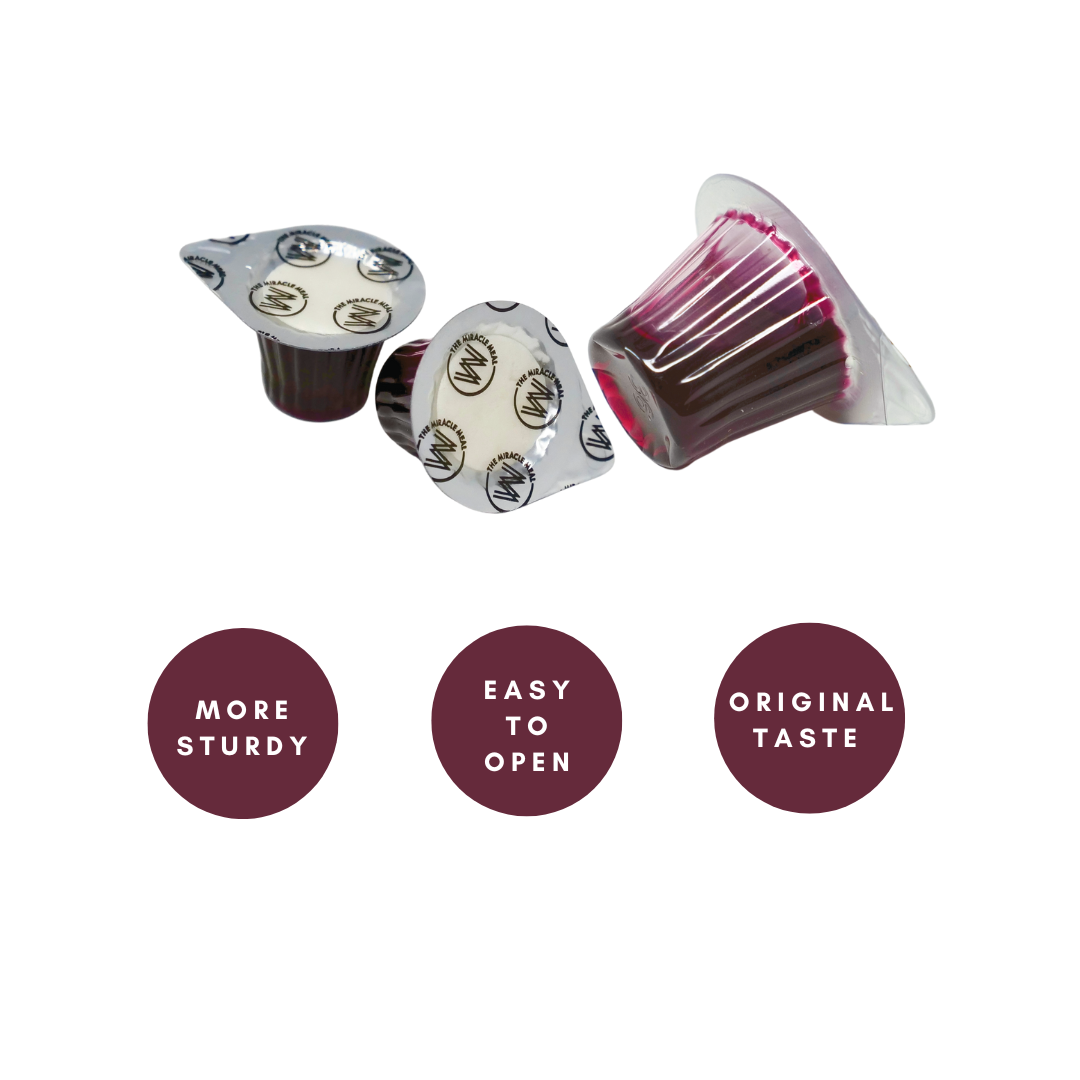Can You Freeze Communion Cups?
Storing communion cups properly is essential for preserving their quality and ensuring they are ready for use during communion services. Whether you’re a church leader or a congregation member, you may have wondered about the best methods to keep these sacred elements fresh.
One common question that arises is whether freezing communion cups is a viable option. In this article, we’ll explore the effects of freezing pre-filled communion cups and provide guidance on the best practices for maintaining their integrity.
Understanding Communion Cup Composition and Storage Needs
Pre-filled communion cups are designed for convenience and hygiene, containing both the wafer and the juice in a single, sealed unit. The cups feature a top film that exposes the wafer and a middle foil seal that reveals the juice. This packaging ensures that the elements remain uncontaminated and are easy and silent to open, preserving the reverent atmosphere during communion.
Given their design, proper storage is crucial. These communion cups have a shelf life of up to one year when kept at room temperature. No preparation is needed before use, making them an ideal solution for churches seeking to simplify their communion process.
Understanding the storage needs of communion cups helps in preserving their freshness and effectiveness. Improper storage methods can compromise the seals and the quality of the contents, impacting the overall communion experience.
The Effects of Freezing Pre-Filled Communion Cups
Freezing is a common method to extend the shelf life of various food products, but it can have adverse effects on pre-filled communion cups. The primary concern is how freezing impacts both the packaging and the contents of the cups.
When the juice inside the cup freezes, it expands. This expansion can place stress on the seals, potentially causing leaks or even breaking the recyclable plastic cup. Compromised seals not only pose a risk of contamination but also negate the convenience of having ready-to-use communion elements.
Additionally, freezing can alter the texture and taste of both the wafer and the juice. The wafer may absorb moisture upon thawing, resulting in a soggy or stale consistency instead of the intended crispness. The juice might develop ice crystals or separate, affecting its flavor and overall quality.
Moreover, the silent and easy-to-open seals may become difficult to handle after freezing. The physical changes in the materials could lead to noisy openings, which might disrupt the solemnity of the communion service.
Why Room Temperature Storage Is Recommended
Storing communion cups at room temperature is the best practice for preserving their quality. Keeping them in a cool, dry place away from direct sunlight maintains the integrity of both the packaging and the contents throughout their shelf life.
Room temperature storage ensures that the seals remain intact and easy to open, maintaining the silent function during services. The wafer stays crisp, and the juice retains its intended taste and consistency. This method eliminates the risks associated with freezing, such as compromised seals and altered textures.
No preparation is needed when the cups are stored properly. They are ready for immediate use, making communion services more efficient and allowing leaders and participants to focus on the spiritual significance rather than logistical concerns.
Maximizing the Shelf Life of Your Communion Supplies
To make the most of your communion cups, it’s important to monitor their shelf life and store them correctly. Regularly check expiration dates and rotate your stock to ensure that you’re using the freshest supplies available.
Consider ordering quantities that align with your congregation’s needs within the one-year shelf life. This approach reduces waste and ensures that the elements are always fresh, eliminating the perceived need to freeze them for preservation.
Proper storage also contributes to environmental stewardship. By maintaining the recyclable plastic cups in good condition, you support responsible recycling efforts after use. This aligns with the values of many congregations that prioritize sustainability and care for creation.
Conclusion
Freezing communion cups is not recommended due to the potential damage it can cause to both the packaging and the contents. Storing them at room temperature preserves their integrity and ensures they are ready for use when needed, enhancing the communion experience.
At The Miracle Meal, we are dedicated to providing high-quality, pre-filled communion cups that offer convenience and ease of use. We invite you to explore our online store to find the perfect communion solutions for your needs, helping you maintain a meaningful and hassle-free communion service.
 LOCALLY BASED IN AUCKLAND
LOCALLY BASED IN AUCKLAND


